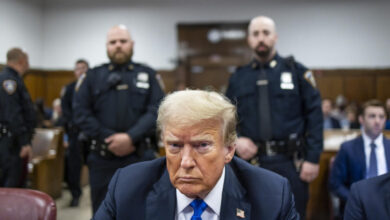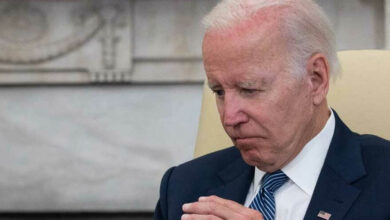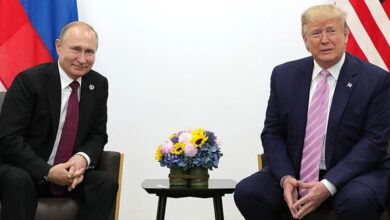Understanding the Recent Developments in South Korea: The Implications of Martial Law
In recent days, South Korea has witnessed significant political turmoil, culminating in the declaration of martial law by President Yoon Suk Yeol. This unprecedented move has raised numerous questions regarding the implications for governance, civil liberties, and the political landscape of the nation.
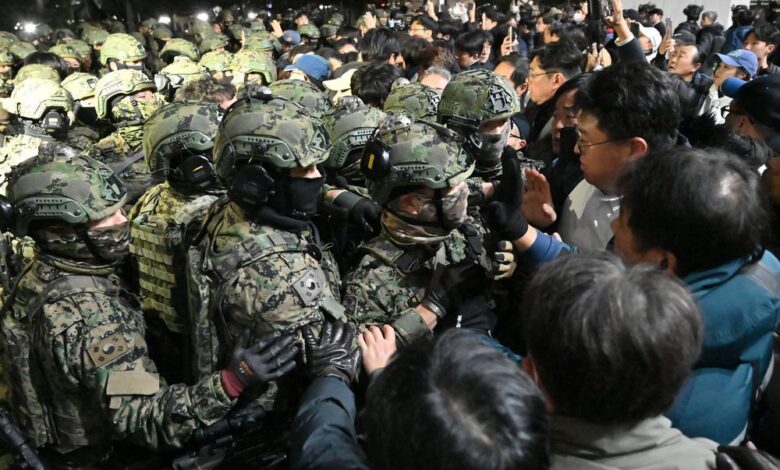
In recent days, South Korea has witnessed significant political turmoil, culminating in the declaration of martial law by President Yoon Suk Yeol. This unprecedented move has raised numerous questions regarding the implications for governance, civil liberties, and the political landscape of the nation.
The political climate in South Korea has been increasingly fraught with tension, primarily due to escalating conflicts between the ruling party and the opposition. President Yoon Suk Yeol, who has been in office since May 2022, has faced mounting criticism from opposition parties, which he has characterized as “anti-state forces.” This characterization reflects a broader narrative of political polarization that has become prevalent in South Korean society.
On December 3, 2024, President Yoon addressed the nation in a late-night television broadcast, announcing the imposition of martial law. He justified this decision by citing the need to restore order amidst what he described as a crisis threatening the stability of the state. The declaration of martial law allows the military to assume control over certain governmental functions and restrict civil liberties, including the right to assembly and freedom of movement.
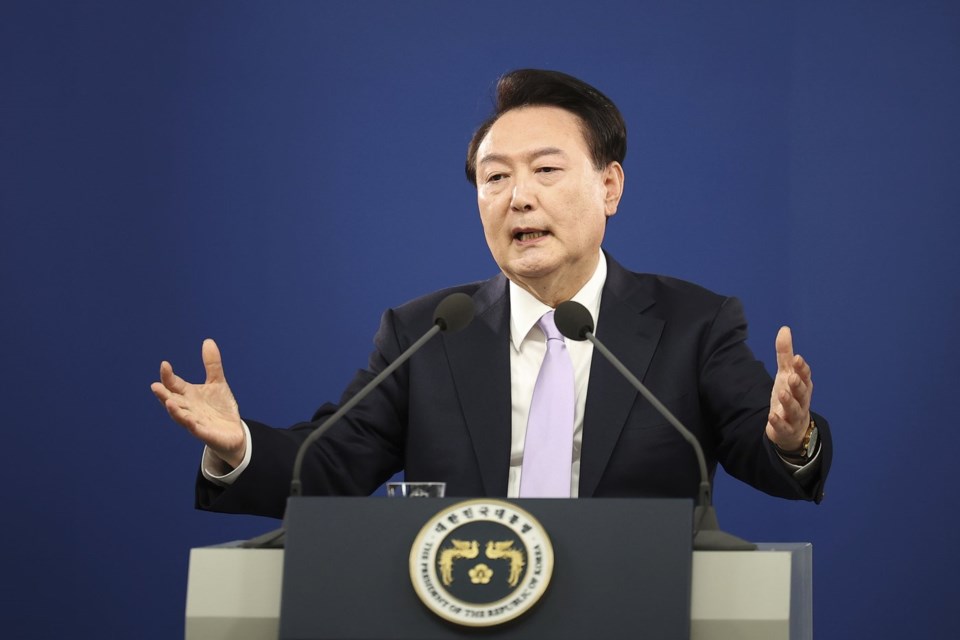
The Legal Framework of Martial Law in South Korea
Martial law in South Korea is governed by the Constitution, which stipulates that such a declaration can only be made under specific circumstances, typically during times of national emergency. The president is granted the authority to impose martial law; however, this power is not absolute. Under South Korean law, the National Assembly can demand the lifting of martial law by a majority vote, which serves as a check on executive power.
The recent declaration has sparked widespread debate regarding its legality and the potential for abuse of power. Critics argue that the president’s actions may undermine democratic principles and lead to an erosion of civil rights. Conversely, supporters contend that the measures are necessary to maintain order and protect the nation from perceived threats.
Immediate Reactions and Consequences
The announcement of martial law has elicited a range of responses from various sectors of society. Political analysts and commentators have expressed concern over the implications for democracy in South Korea. Many fear that the use of martial law could set a dangerous precedent, potentially leading to a more authoritarian governance model.
In the hours following the declaration, protests erupted in several cities, with citizens voicing their opposition to the government’s actions. Demonstrators have called for the immediate lifting of martial law and the restoration of civil liberties. The situation remains fluid, with the potential for further escalation as both the government and opposition navigate this complex political landscape.
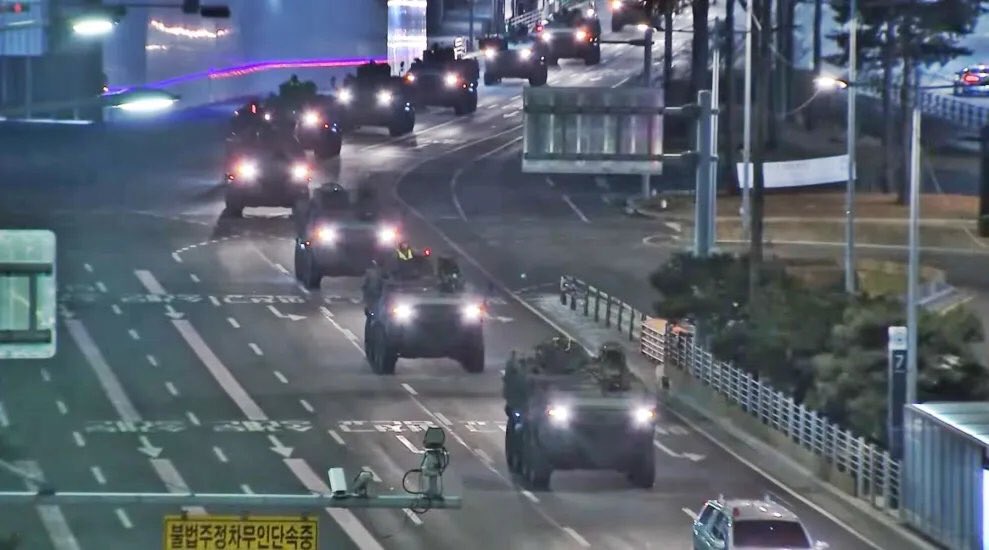
Conclusion
The declaration of martial law by President Yoon Suk Yeol marks a critical juncture in South Korea’s political history. As the nation grapples with the implications of this decision, it is essential to consider the broader context of political polarization and the challenges facing democratic governance. The coming days and weeks will be pivotal in determining the trajectory of South Korea’s political future and the extent to which civil liberties will be preserved in the face of governmental authority.
In summary, the situation in South Korea serves as a reminder of the delicate balance between security and freedom, a balance that is increasingly tested in times of crisis. As developments unfold, it will be crucial for citizens, lawmakers, and international observers to remain vigilant in safeguarding the democratic values that underpin the nation.


